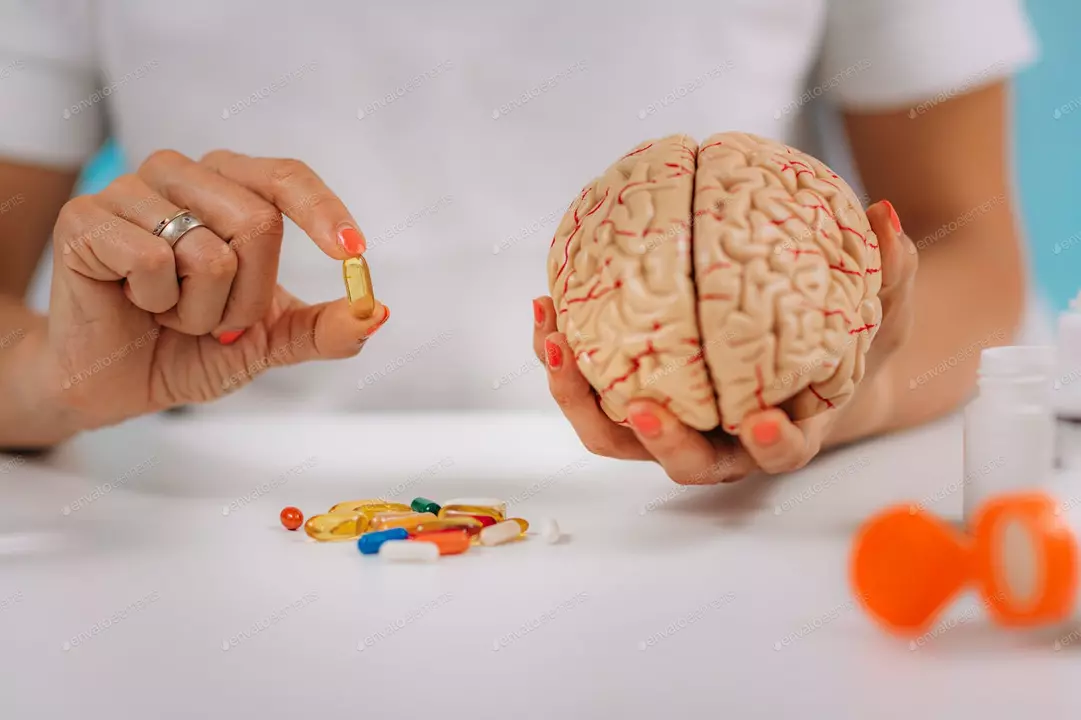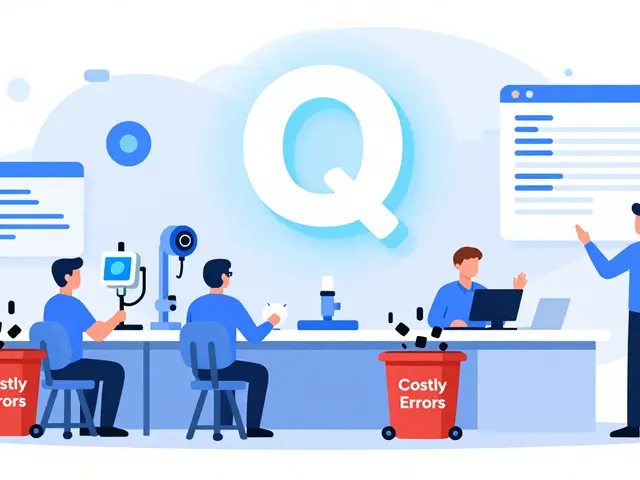Cognitive Function: Practical Tips, Meds, and When to Get Help
Not all memory slips or attention problems mean dementia. Sometimes sleep, medications, thyroid issues, or untreated ADHD are the real cause. Here are clear, practical steps you can take today to protect thinking, sharpen focus, and know when to talk with a doctor.
Medications that help—or hurt—thinking
Some drugs are meant to improve thinking. Rivastigmine (trade name Exelon) is used to help people with dementia and can slow cognitive decline for some; read our guide "Exelon: Benefits, Side Effects & Uses of Rivastigmine for Dementia" for details and side effects. Atomoxetine (Strattera) is a nonstimulant option for ADHD that can boost focus without the jittery feeling stimulants cause—check "Strattera: The Real Truth About ADHD Medication" to learn who it helps most.
Other medicines can make you foggy. Common culprits include sleep aids like doxylamine, some antihistamines, benzodiazepines (like Valium), and motion-sickness meds such as meclizine. If you feel groggy during the day, review your meds with your clinician—our pieces "Doxylamine for Sleep" and "Meclizine for Vertigo" explain how these drugs affect next-day thinking. Also watch for interactions: mixing alcohol with certain prescriptions can worsen memory and balance, so read "Spironolactone and Alcohol" if that applies to you.
Simple daily habits that boost brain power
Sleep, movement, and routine matter more than you think. Aim for consistent sleep hours—poor sleep makes short-term memory worse and slows reaction time. Move daily: 20–30 minutes of brisk walking improves blood flow to the brain and helps concentration. Keep a regular schedule for meals, meds, and activity; predictable routines free mental energy for focus and memory.
Small changes add up. Cut down on heavy alcohol, stay hydrated, and limit long stretches of screen time. If you have thyroid symptoms or palpitations, get them checked—thyroid issues can change thinking and mood (see "Thyroid Disorders and Arrhythmias"). If you’re on long-term nitroglycerin or cardiac meds, keep follow-up visits; heart and brain health are linked.
Finally, use simple tools: lists, alarms, and phone calendars. Cognitive training apps can help some people, but they’re not a replacement for medical care when symptoms are new, worsening, or affecting daily life.
If you’re unsure what’s causing memory or focus problems, start with a medication review and a sleep check. If concerns continue, ask your doctor about a basic cognitive screen or referral to a specialist. For deeper reading on treatments and safety, check our related articles on Exelon, Strattera, sleep aids, and medication safety across the site. Practical steps now often mean better thinking later—don’t wait to get a clear answer.

The Impact of Hypertension on Cognitive Function
In my latest blog post, I explored the impact of hypertension on cognitive function. It's fascinating to learn how high blood pressure can negatively affect our mental abilities, such as memory and focus. I found that prolonged hypertension can cause damage to the brain's blood vessels, leading to cognitive decline. To maintain our brain health, it's crucial to manage hypertension through lifestyle changes and medications. Check out the full post for more insights and tips on how to protect our cognitive function from the effects of high blood pressure.
View More




